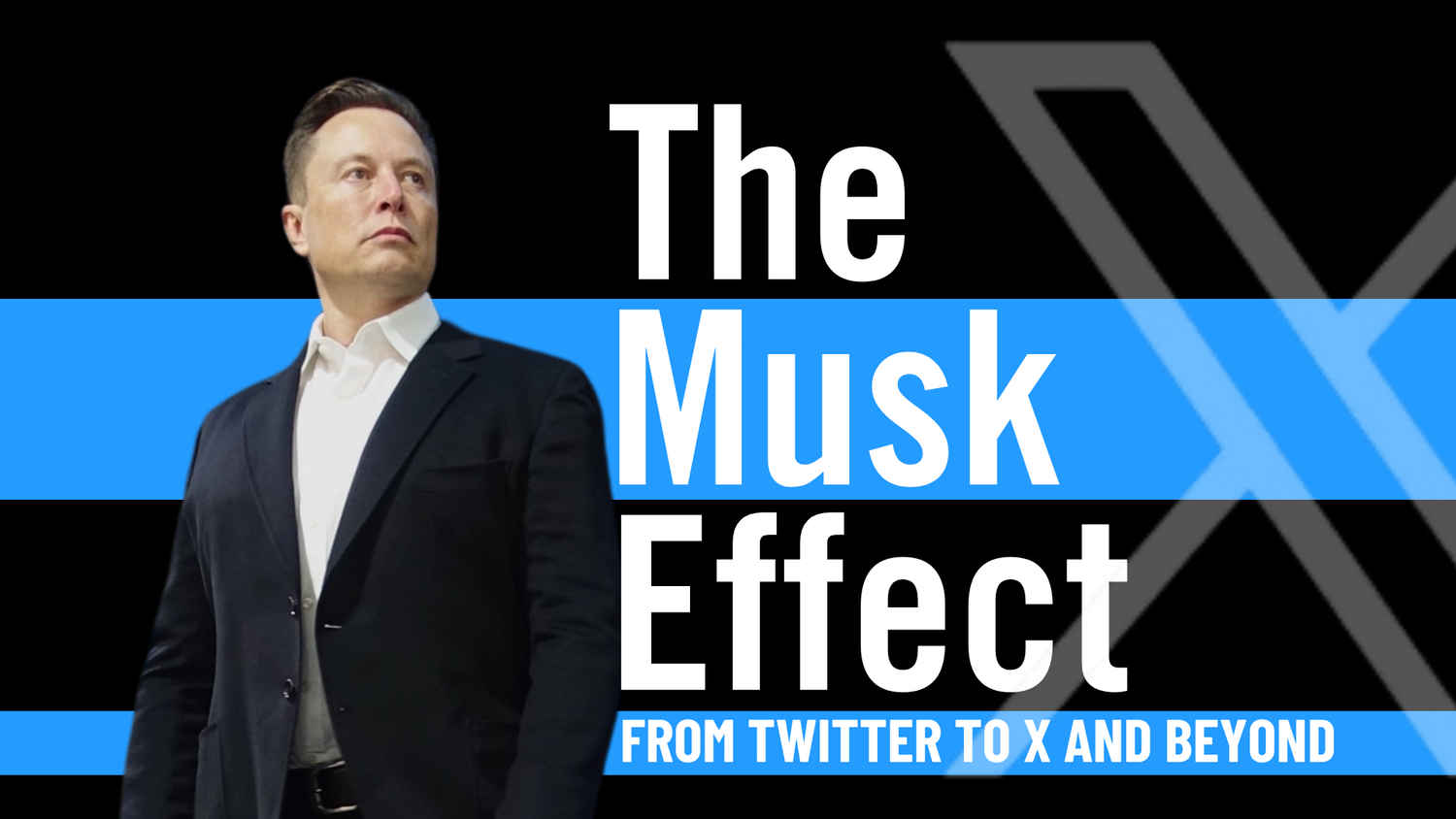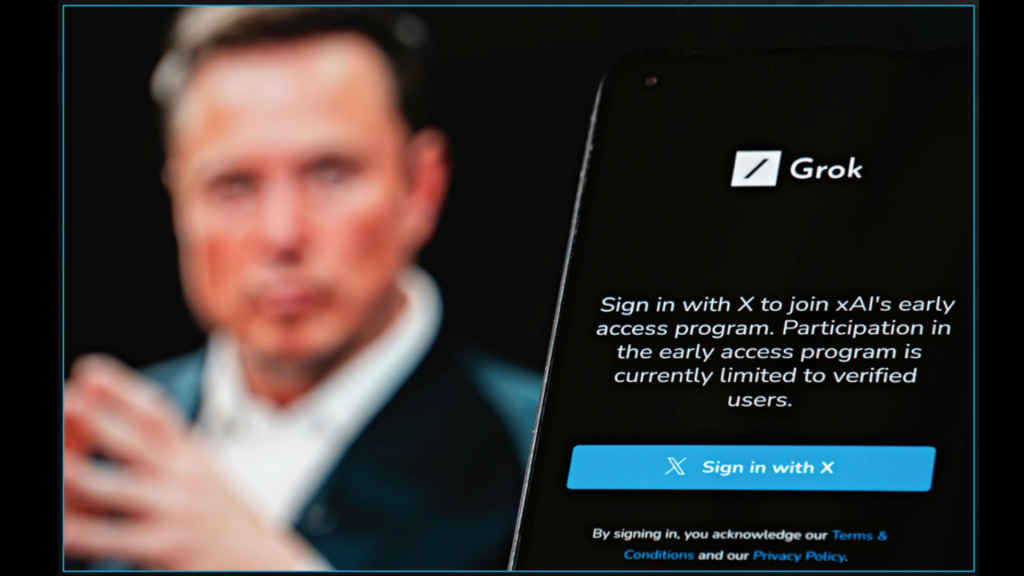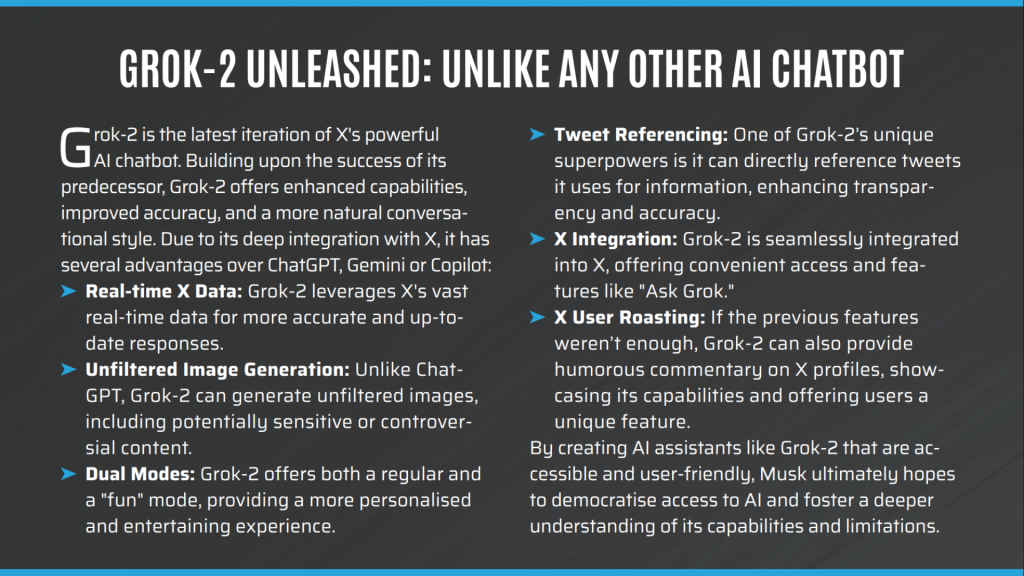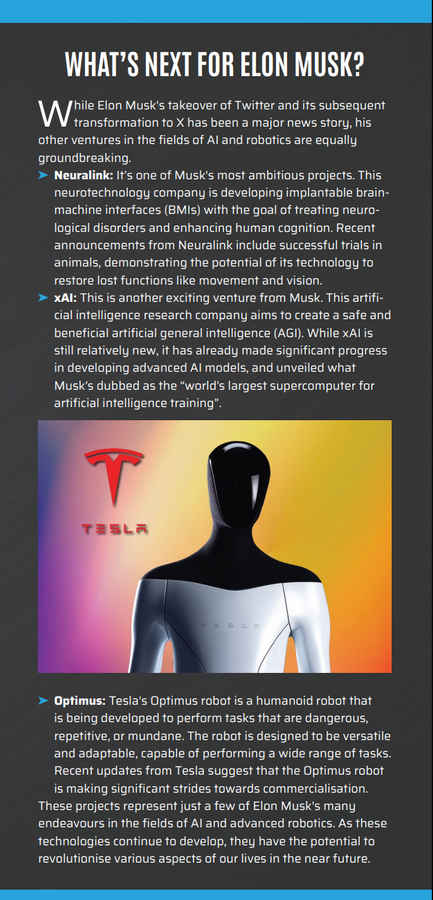The Musk Effect: From Twitter to X and beyond

April 14, 2022. A day that will be remembered in the history books. An entrepreneur, often dubbed to be the embodiment of Iron Man, Elon Musk announced his bid to acquire the micro-blogging platform Twitter. After a series of rather prolific public statements, headlines, and lawsuits, Musk finally assumed control of Twitter. Since then, he has made changes in every aspect of Twitter, and they have affected every user in one way or the other. But what lies beneath all of this is interesting. It is the vision to make X (formerly Twitter) the ultimate app for everything, taking it to new heights in the ever-expanding ecosystem of the interwebs.
 Survey
SurveyFree Speech
Twitter and Elon’s musky affair started with his vision of promoting free speech on a platform that, at the time of writing, had over 500 million users active on the platform. Often dubbed the “Town Square of the Internet”, Musk has always wanted the platform to be a place where everyone is free to express their thoughts and opinions with community-driven moderation of the content that is being posted on the platform.
Not a day goes by when we do not see Elon Musk making headlines about some change or another to the platform. While it is truly up for debate how effective his moves to make X a safe haven for the folks willing to put their opinion out on the internet, one thing can be said for sure – He is leading the charge. Ever since he assumed the leadership of X, Musk has been vocal about all things on his platform. Be it politics, finance, or his own position in the context of building a platform where everyone is free to express what they want, Musk has been vocal.
The signs of Musk’s charge for change were visible from the time he had announced his bid to acquire Twitter. “By “free speech”, I simply mean that which matches the law. I am against censorship that goes far beyond the law. If people want less free speech, they will ask the government to pass laws to that effect. Therefore, going beyond the law is contrary to the will of the people”, said Elon in a Tweet right after the Twitter Board had accepted his offer to acquire Twitter for $44 billion. Since then, Musk has made multiple changes, spanning the lengths and breadths of X’s organisational structure to reflect his vision on the platform. We have seen accounts re-instated, and opinions which would not have flown on the older version of the platform get free reign.

Giving control in the hands of the community to ensure the sanctity of X, ‘Community Notes’ were added as a feature which enabled the community to add relevant contextual information to posts on the platform which are meant to misdirect or spread misinformation on the platform. X itself has taken active measures to ensure that the platform does not become a ranch where bad actors are grazing on the grass of the innocent folk using the platform.
A significant move that stood out during our research on the topic was when X announced that the platform would limit the reach of the posts, which violated the platform’s policies. In their blog post titled, Freedom of Speech, Not Reach: An update on our enforcement philosophy, X’s Safety team wrote, “Our mission at Twitter 2.0 is to promote and protect the public conversation. We believe Twitter users have the right to express their opinions and ideas without fear of censorship. We also believe it is our responsibility to keep users on our platform safe from content violating our Rules. These beliefs are the foundation of Freedom of Speech, not Freedom of Reach – our enforcement philosophy, which means, where appropriate, restricting the reach of Tweets that violate our policies by making the content less discoverable.”
Again, we can debate for ages whether Musk’s moves are right or wrong. However, we need to focus on what is happening on the platform and, given its increased popularity, whether the changes reflect positively or negatively on the life of a regular Xrati.
Privatisation of Twitter to X
In his bid to promote “free speech” on the platform, one of the biggest moves Musk made right after the acquisition was to take the company private. Twitter was officially delisted from the New York Stock Exchange in November 2022. Here, I would like to quote our very own Mithun Mohandas, who opined on this matter in the May 2022 issue of Digit in his article titled, “twitter’s (mostly) going to be the same” –
“A good chunk of the arguments being made revolve around accountability and the fact that being a publicly traded company immediately makes the company accountable to the people because they own the company and the stockholders and company officials are bound by their fiduciary duties to serve the people. Yes, fiduciary duty is legality that prevents the board of any company to run amok and indulge their own silly whims. It makes them accountable and responsible to answer the stockholders. But has anyone actually looked at Twitter’s stock ownership?
As of writing this, 40.95 per cent of Twitter stock is owned by Mutual Fund holders, 35.92 per cent is owned by other Institutional holders and Individual stakeholders only form 12.48 per cent of the total. And who owned Twitter before Elon Musk came along with his monies? Well, over 80 per cent of Twitter stock was held by private firms and investment funds in early March 2022. So was Twitter truly bound to be accountable to the people? Nope. And the fact is that nothing much has changed. Instead of a lot more investors, we now have fewer investors. The general public never really had much of a say before and they’ll not have much of a say now either.”

There is not much to add here. We are seeing the implications of the move unfold in front of us every passing second. Musk is running the show, and the effects of his autocracy are reflected. Open your X timeline, and you will see a change right there.
Algorithm Transparency
After delisting the company from the New York Stock Exchange, Musk’s focus shifted to making things more transparent, since after the move, the control was in his hands. To work around that, Musk had promised that he would make Twitter’s recommendation algorithm open-source. He kept his promise, and it was announced a day before the April Fool’s Day of 2023, on March 31, 2023, that a large chunk of Twitter’s recommendation algorithm was now open source with more releases to follow.

As soon as the complex set of codes governing the recommendation system on arguably one of the most influential social media platforms in the world, hit the interwebs, people shredded it to pieces, publishing their findings on the platform which they were tearing down.
However, Musk seemed to have his guard up already and had been preparing the general populace about the imminent flaws that would be discovered once the code was revealed. “Our “algorithm” is overly complex & not fully understood internally. People will discover many silly things, but we’ll patch issues as soon as they’re found!” Musk posted on X, following up on his announcement of the change.
Personally, the changes I have observed on my feed are that the recommendations are much more randomised than they were before, pushing the boundaries of my content exploration on the platform beyond my realms of interest. One person’s experience is not the required data set to draw any conclusions on the efficacy of a change. So, I would like to hear your opinions on the subject. What do you think? Has X changed for you? Do you like to go on a doom-scrolling spree on the For You page, or do you stick to the Following tab for a more controlled feed?

Monetisation of the platform
Subscriptions, Super Follows, Tips, Advertising, and Video Monetisation have been prime focal points for the monetisation opportunities on X for Musk. He has acted on most of them and has plans on expanding beyond the boundaries of these and finding more pixels to charge you. X has moved on from being just a micro-blogging platform where you can put out your opinions on anything and everything, summed up in 280 characters. It is poised to be what Musk wanted it to be from the get-go – A one-stop shop for everything. I will not get started on the Blue and, now, the Gold check mark saga. Too much to sum up in this space.
If you have been on the internet, you will know that there are plans to expand beyond just plain characters on a timeline and make it a platform where there’s something for everyone. The effects of this vision can be seen in the expansion of ways in which creators monetise their content on the platform. The scope is vast here, but it will be interesting to see how things pan out.
Throughout the Twitter acquisition saga and its ultimate transition into X, and all its cool new offerings, Elon Musk has demonstrated a will to remain active and available in the online arena – letting the world see not just how he communicates and trolls, but also innovates and pushes the boundaries of what’s possible for netizens all around the world. What he does next is shrouded in mystery, but trust Elon Musk to do something out-of-the-box in his classical break-all-the-rules fashion!
Satvik Pandey
Satvik Pandey, is a self-professed Steve Jobs (not Apple) fanboy, a science & tech writer, and a sports addict. At Digit, he works as a Deputy Features Editor, and manages the daily functioning of the magazine. He also reviews audio-products (speakers, headphones, soundbars, etc.), smartwatches, projectors, and everything else that he can get his hands on. A media and communications graduate, Satvik is also an avid shutterbug, and when he's not working or gaming, he can be found fiddling with any camera he can get his hands on and helping produce videos – which means he spends an awful amount of time in our studio. His game of choice is Counter-Strike, and he's still attempting to turn pro. He can talk your ear off about the game, and we'd strongly advise you to steer clear of the topic unless you too are a CS junkie. View Full Profile